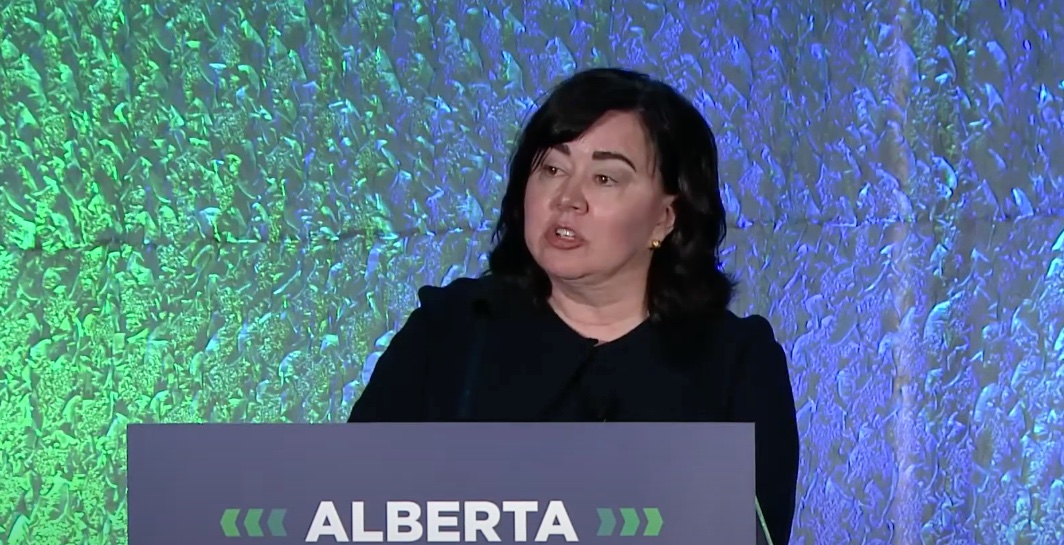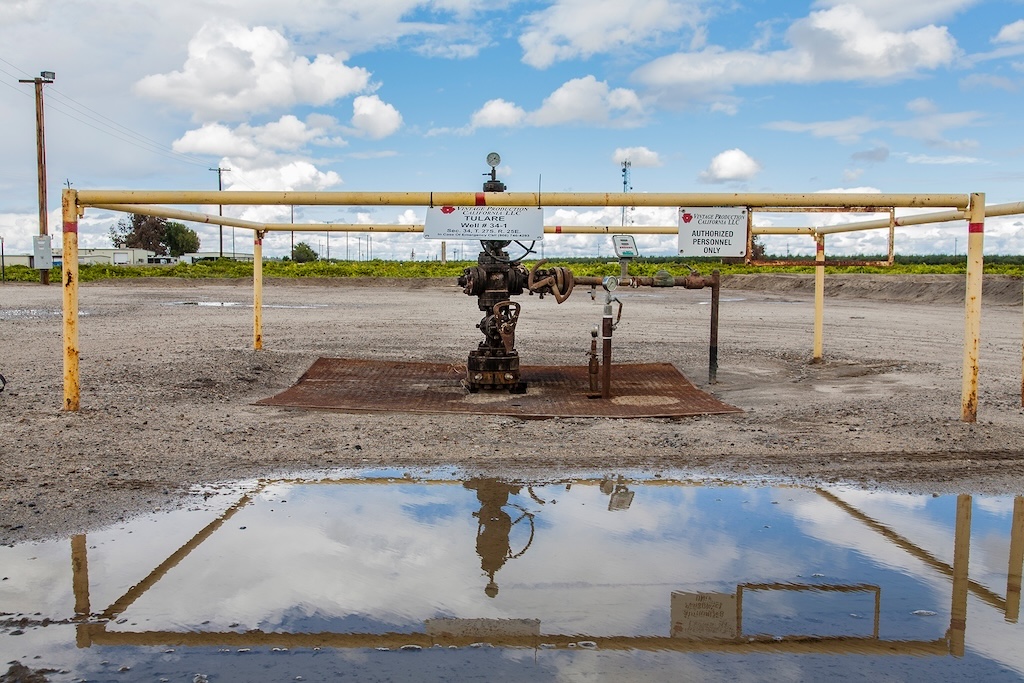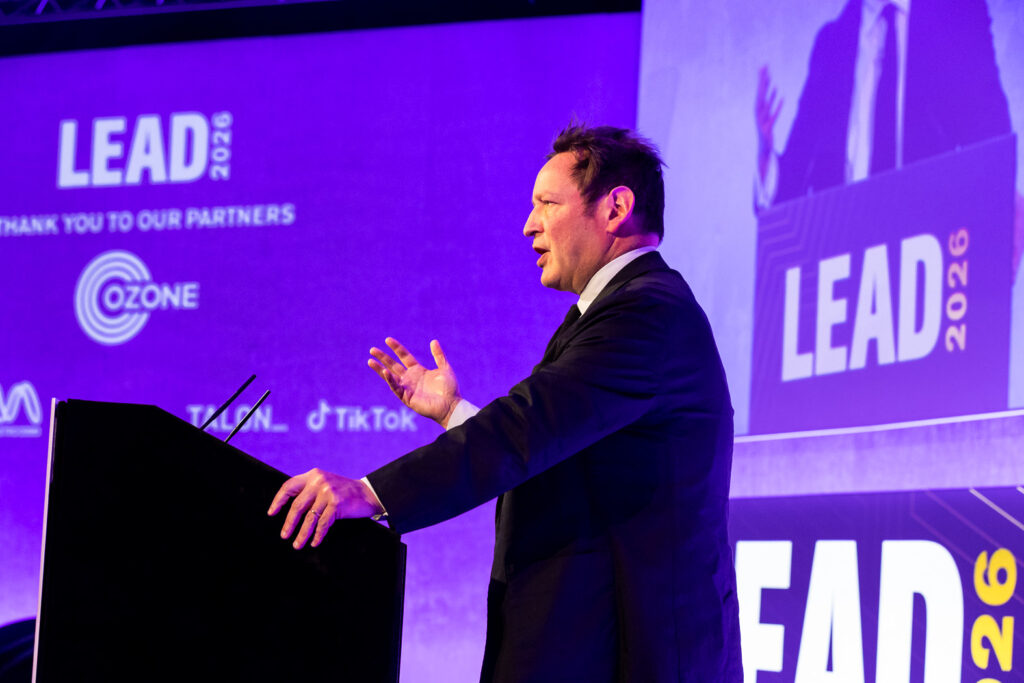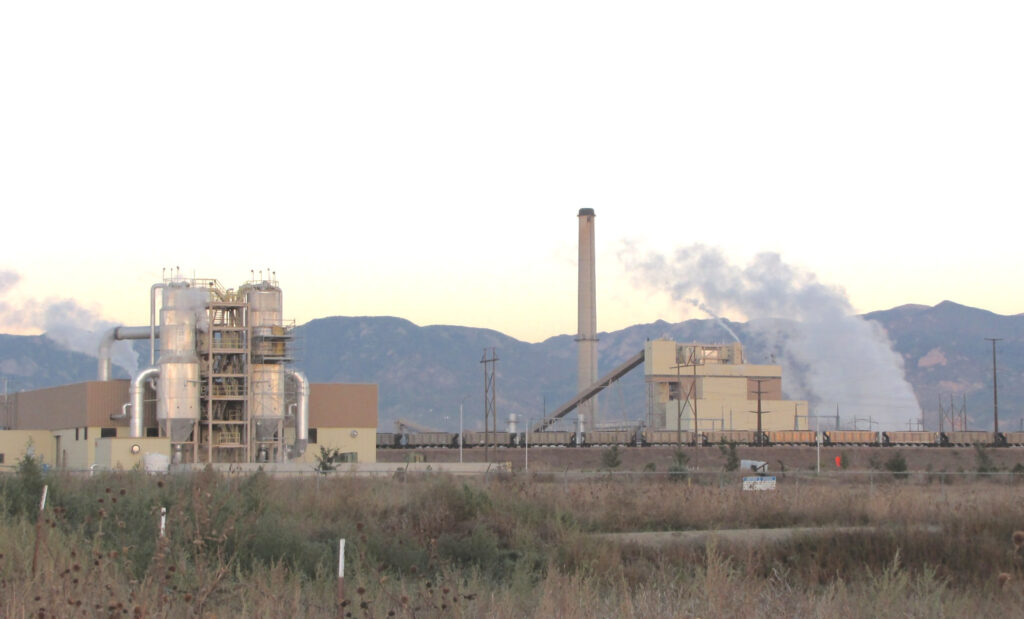Have you ever wondered what Canada’s oil patch says behind closed doors? DeSmog had an opportunity to attend an energy and natural resource forum hosted by the Greater Vancouver Board of Trade, and in contrast to its public messaging emphasizing carbon capture and storage (CCS), oil industry leadership instead called for less regulation, more extraction and governments that would “kill” ambitious climate policies before they went into effect.
Held the day after President-elect Donald Trump threatened Canada and Mexico with 25 percent tariffs, the exclusive event featured a keynote speech from Canadian Association of Petroleum Producers (CAPP) president Lisa Baiton addressing hundreds of local industry representatives.
Her message differed from the one repeated in ad campaigns from the Pathways Alliance and other oil industry groups touting how the oil patch is on a path of net zero carbon emissions through CCS projects – subsidized by billions of taxpayer dollars. Ms. Baiton did not once mention the impacts of climate change or highly-hyped solutions like CCS during her 25-minute address.
Instead, she said, the oil patch should demand governments “proudly champion” fossil fuel expansion, “and we need them to kill value destroying domestic policies like the emissions cap.”
“For my industry, the most pressing challenge is the proposed federal and B.C. emissions cap regulations, which are an unnecessary policy layer on top of an already unwieldy stack of regulations on the oil and natural gas sector,” Baiton told the crowd. “The cap, if implemented, will limit Canadian oil and natural gas production and would threaten any ambitions we have for B.C. LNG.”
Baiton should get her priorities straight. The Canadian economy is already dangerously dependent on exporting fossil fuels to the United States, with one fifth of our national balance of trade coming from selling oil and gas to our newly fickle southern neighbor. Trump’s tariff announcement illustrates the risks of continuing to rely on selling unprocessed raw materials to essentially one customer, which recently became the largest producer of oil in history.
Absent from her laser focus on scaling up resource extraction is the growing impact of climate change, even on additional resource extraction. Industry panelists from the forest sector noted that wildfires in 2023 destroyed 14 times more timber than was commercially logged last year. Another panel from BC Hydro discussed how a prolonged drought is impacting the province’s electricity generating capacity. In 2023, BC Hydro had to import about one fifth of provincial energy needs at a cost of $500 million where in previous years it has been a net energy exporter.
Faulty Forecast
Representing an organization whose membership produces three quarters of Canada’s oil and gas, it is understandable that Baiton would present a sunny version of the fossil fuel future, reassuring the audience that “the International Energy Agency predicts that oil demand will rise to 107 million barrels per day by 2030 and will still be at 99 million barrels per day in 2035.”
Really? The 2024 World Energy Outlook from the IEA released in October instead predicts global peak oil demand of about 102 million barrels per day in 2030 with a decline to between 99 and 58 million barrels per day depending on the forecasting scenario they used.
If all national governments lived up to their already-announced international climate pledges, the IEA projects that “oil demand falls by 17 percent in 2035 relative to 2023 levels. An additional 135 million EVs are on the road by 2035 compared to the [base-case scenario]. A doubling in the plastics recycling rate and material efficiency gains in chemicals between 2023 and 2035 arrest some of the growth in petrochemical demand.”
Of course, demand is not the only factor affecting commodity prices. OPEC has carefully coordinated global production for decades to maximize their profits. However, the wheels may be falling off this lucrative cartel in coming years as the U.S. has ramped up production with Trump pledging even more. Even a modest drop in global oil prices could push Alberta into a deficit next year.
Baiton was also predictably optimistic about Canada’s potential as a global LNG powerhouse, stating,“British Columbia is perfectly poised to become one of the most significant energy export hubs on the planet, and the way to reach that status is by fully leveraging B.C.’s LNG potential. She assured the audience “the IEA upwardly revised natural gas demand in all their scenarios, showing that that gas demand is growing out to 2050 and importantly for B.C., international LNG trade is forecast to grow by more than 50 percent out to 2050.”
Reality Check
Here is what EIA stated in their World Energy Outlook released last month: “A large new wave of LNG export capacity is set to come online… This increase in export capacity is larger than projected LNG demand growth in all three scenarios; the result is an overhang of capacity which is set to depress international gas prices and set the stage for fierce competition between suppliers.”
Low-cost producers like Qatar that have already paid off their capital investments are at a big advantage according to the IEA, while those projects still under construction will likely have delivered production costs almost double the current global average. Does this sound like a competition Canada can win?
Ottawa has already thrown over $1 billion in taxpayer’s money at LNG pipe dreams. An additional $5.4 billion in financial support was contributed by the British Columbia government, which works out to more than $2,600 per B.C. household. Naturally the head of a trade association of fossil fuel producers will continue to advocate for additional public largess in service of its members, but this does not mean it’s a wise investment.
The lack of any mention of CCS projects like Pathways’ proposal also indicates that the oil patch is not as serious or confident about the multi-billion-dollar project as they are telling the public.
As the largest trading partner to the U.S., Canada is undoubtedly in for a wild ride under the second Trump presidency. The predictable prescription from the oil patch to meet these challenges is – as always – to regulate less and extract more. Regardless of the facts, CAPP seems to be embracing the words of Winston Churchill: “never let a good crisis go to waste.”
Subscribe to our newsletter
Stay up to date with DeSmog news and alerts






